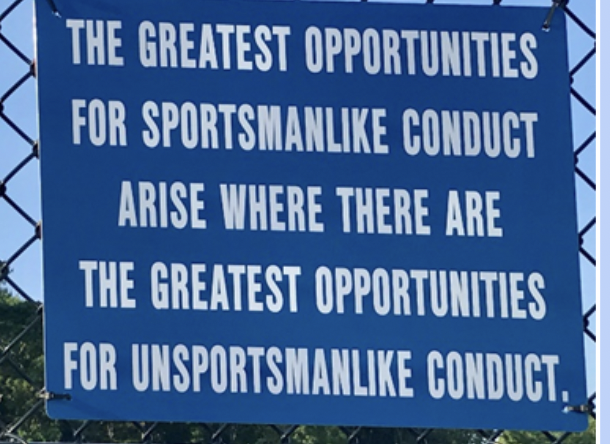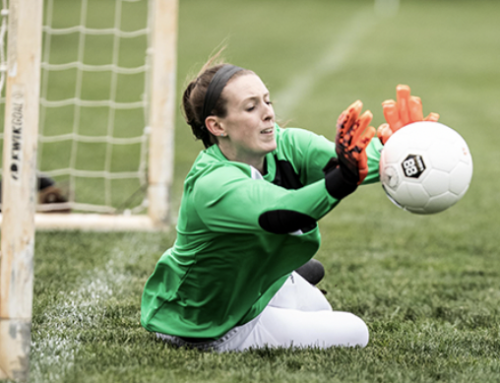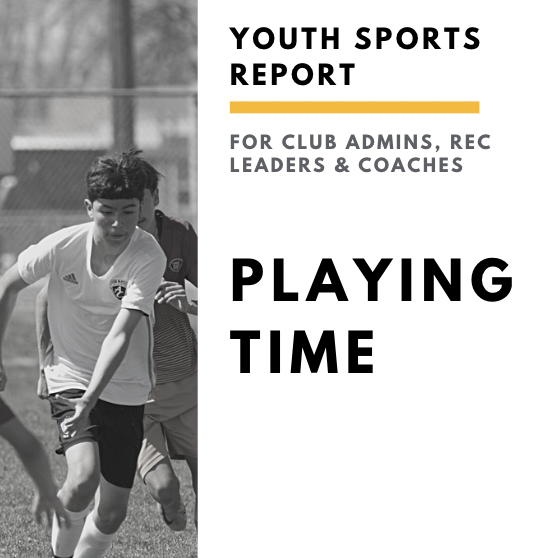Get our exclusive report. Download the iSport360 Club Switching Report Here – For Club Admins, Rec Leaders and Coaches.
The Right Way to Talk to Umpires and Referees
In the dynamic world of youth sports, coaches play a pivotal role in guiding and motivating their teams to success. They are also responsible for modeling sportsmanship and the ideals of fair play.
One of the most common occasions when this arises is when a coach speaks with an official about a call made during a game. The way coaches approach these conversations can significantly impact the mood and spirit of the game, and set a good – or poor – example of sportsmanship for the players and fans.

We spoke with New Jersey State Little League District 1 Umpire-in-Chief Ed Hastings who has a lot of great suggestions and tips for how to get the most out of these conversations while staying in officials’ good graces.
Start by Knowing When to Talk
The timing of your approach is a crucial factor when engaging with officials during a game. You should never yell to officials from the sidelines or dugout during gameplay – this only serves to escalate tensions. Wait until the play is over, or there is a natural break in the action, then request a timeout. (Remember, a timeout is always a request of the official that must be granted.) Once time has been granted, approach the official and speak quietly about your concern. Coming out just to argue for argument’s sake is a non-starter.
“When coming out to talk, [the coach] needs to have a question ready to ask [me]” said Hastings.
How to Speak to an Official
Once you are speaking with the official, remain calm and composed and take pains to make sure you are not coming across as confrontational or aggressive. Using a respectful tone of voice and keeping gestures and body language in check goes a long way toward promoting open, productive conversation. By demonstrating respect, you not only model appropriate behavior for your players, but also earn the respect of the officials.
What to Say to An Official
Challenging an official’s knowledge of the rules is never a good idea – it is much better to ask for clarification than to say the call was wrong. Ask for an explanation with the goal of understanding the official’s rationale behind the decision.
Hastings offers some important nuance here: “Realize that judgment calls aren’t questionable,” he said.”A coach can’t ask ‘where was that pitch?’ but if he asks something along the lines of ‘is my catcher setting his target off the plate? Because it seems like the pitcher is hitting the target,’ then he might receive affirmation from the umpire on this.” This approach allows officials to explain their logic, enabling you to better guide your players throughout the game.
They Only Call What They See
Oftentimes, in youth sports events, there are fewer officials than there are at the high school or professional level. Recognize that the official may not have seen what you saw. Appreciate that the official can only call what s/he sees. A “missed call” is not necessarily a reflection of the competence or bias of an official. It could simply be a result of the fact that an official cannot see everything at once. In a similar vein, also recognize that it is very unlikely that you saw the close play at second base from the dugout more clearly than the umpire who was standing six feet away from the tag.
When faced with what you believe is a serious misapplication of the rules, make sure to know and follow the established channels and protocols for resolving disputes. Most leagues have published procedures for coaches to follow when they have concerns about officiating. By following these procedures, you ensure that your concerns are heard and addressed in a formal and structured manner, which contributes to maintaining the integrity of the sport.
Summary
Effective communication between coaches and officials is vital for maintaining fairness, sportsmanship, and a positive atmosphere during games. By approaching officials at the right time, adopting a respectful tone, seeking clarification rather than criticizing, focusing on solutions, and following established channels for disputes, coaches can engage in productive conversations with officials about calls made during the game. Such interactions foster understanding, reduce tension, and promote a collaborative spirit. Ultimately, coaches’ efforts to communicate effectively with officials contribute to the positive development and attitude of their teams while upholding the integrity of the sport.
iSport360 is the only app that does it all for youth sports. For more information on what we do, click here. For more info on how iSport360 is reporting on the umpire shortage and more, click here.
About the Author:
Paul DelaCruz is a sports dad to two student-athletes. He has been involved in youth sports of all types as a coach and administrator for the past 16 years. He is currently a board member with his local Little League and Head of Sales at iSport360.
Learn more or request a demo of our youth sports software that is helping teams improve communication, organization and player development.
July 16, 2023






